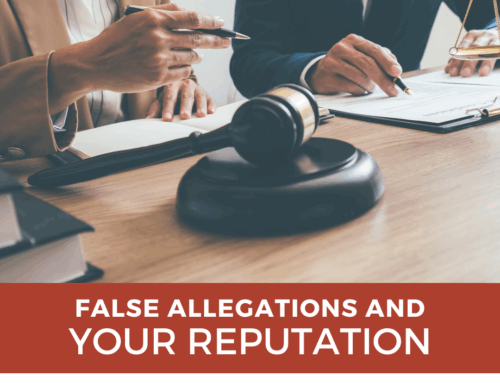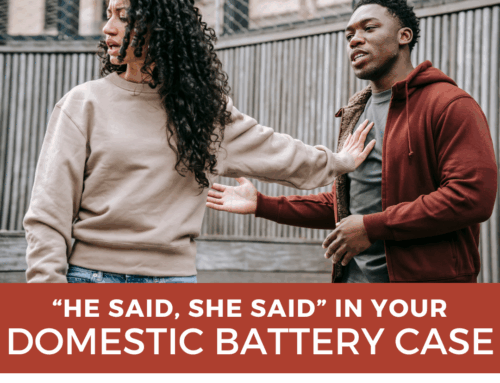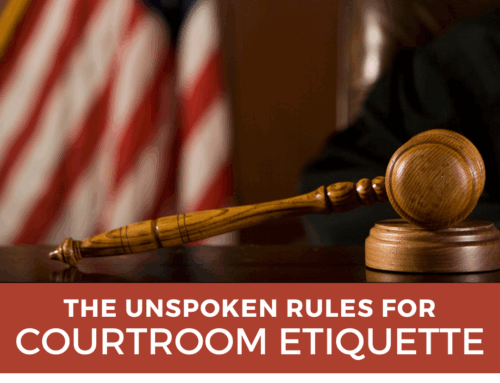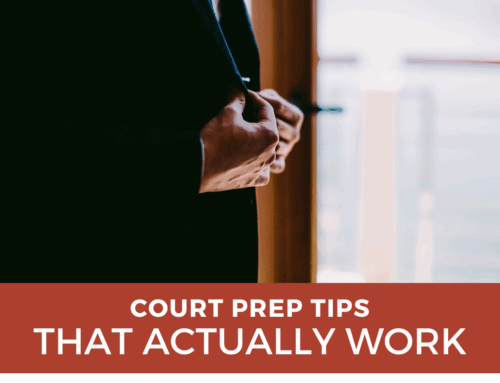In a domestic battery case, testimony from neighbors or passersby can be unexpectedly important. These witnesses are often seen as “neutral” because they aren’t directly involved in your personal life. Their accounts can help challenge the accuser’s version of events—or, in some cases, create new complications for your defense.
While their perspective can be valuable, it’s not automatically a win for your case. How their testimony is collected, presented, and cross-examined matters just as much as what they actually saw or heard. An attorney can work to ensure such testimony is handled in a way that supports the best possible outcome, though no lawyer can guarantee how the court will receive it.
Why These Witnesses Matter
Neighbors and passersby can offer:
-
Third-party perspective – Courts may see them as more objective than friends or family.
-
Environmental context – They can describe lighting, noise levels, or obstacles to visibility.
-
Timing details – They may recall when they heard or saw something happen.
-
Corroboration – Their account may align with your timeline or contradict the accuser’s.
This type of testimony can sometimes carry weight because it comes from someone with no direct stake in the case’s outcome.
The Limits of “Neutral” Testimony
Even so-called neutral witnesses can present challenges:
-
Partial observation – They might have seen or heard only part of the event.
-
Misinterpretation – Without knowing the full context, they may misread actions or words.
-
Bias after the fact – Ongoing neighbor disputes or personal opinions can color testimony.
If their statement changes between the initial police report and trial, the prosecution may try to explain the inconsistency—or, if they’re favorable to you, the prosecution may attempt to discredit them.
How Attorneys Evaluate These Witnesses
Before deciding to use a neighbor or passerby in your defense, an attorney will often:
-
Interview them to assess credibility and reliability
-
Compare their account to physical evidence, timelines, and other testimony
-
Determine whether their presence can be confirmed (for example, via security cameras or logs)
-
Prepare them for cross-examination so they aren’t caught off guard
The goal is to ensure their testimony strengthens your case rather than introducing new vulnerabilities.
Risks of Contacting Witnesses Yourself
If you know a neighbor or passerby who might testify for you, it’s tempting to reach out directly. This can be risky, especially in domestic battery cases, where even indirect contact with certain individuals could be misinterpreted—or violate court orders.
Any communication with potential witnesses should go through your lawyer to avoid misunderstandings or claims of witness tampering.
The Role of Impeachment
If the prosecution calls a neighbor or passerby whose account hurts your case, your attorney may try to impeach their testimony. This could involve:
-
Pointing out inconsistencies between statements
-
Showing they couldn’t have seen or heard as much as they claim
-
Demonstrating bias or motive to fabricate
Handled skillfully, this can reduce the impact of unfavorable testimony.
Legal Standards and Illinois Context
In Illinois, witness testimony is evaluated on credibility, consistency, and relevance. A neighbor or passerby’s observations must meet the same evidentiary standards as any other witness. You can review the Illinois Rules of Evidence to see how courts assess admissibility.
How an Attorney Can Help
No attorney can promise that neighbor or passerby testimony will result in a favorable verdict. However, they can:
-
Vet the reliability of the witness before deciding to use their testimony
-
Prepare the witness for court to ensure they present clearly and truthfully
-
Strategically decide when and how to introduce their account
-
Anticipate and counter prosecution challenges to their credibility
Neighbors and passersby can play a meaningful role in a domestic battery defense—but their testimony is only as effective as the strategy behind it. By working with a lawyer early, you can make sure these witnesses are handled in a way that supports your defense, rather than leaving things to chance.
Do You Need to Talk to an Attorney About Domestic Battery Defense?
If you need to talk to a domestic battery defense attorney in Illinois, we’re here to help. Call us at 847-920-4540 now – we’ll be happy to give you a free consultation and talk to you about your options.







Leave A Comment
You must be logged in to post a comment.